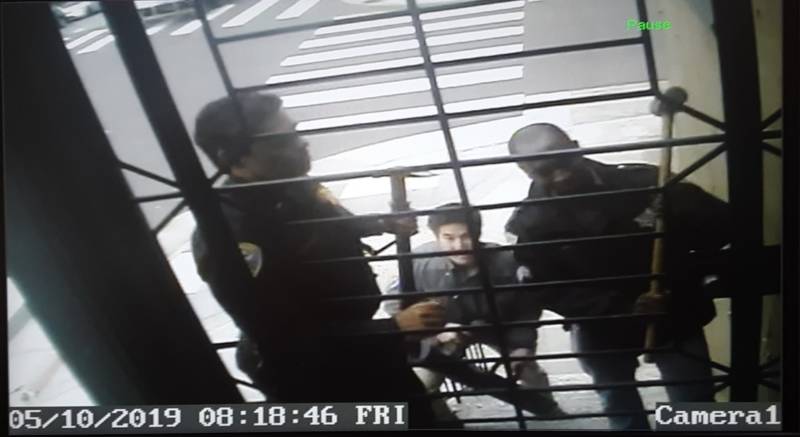A journalist whose property was seized in a raid by San Francisco police will get his property back, a police attorney said Tuesday at a court hearing — but the decision did little to ease tensions in the case, which has attracted national attention and put pressure on city leaders.
Authorities have said the May 10 raids on freelance journalist Bryan Carmody's home and office were part of an investigation into what police called the illegal leak of a report on the death of San Francisco Public Defender Jeff Adachi, who died unexpectedly in February. During the raid, police took Carmody's computers, cellphones, cameras and flash drives, among other items. Critics of the raid have denounced it as an assault on the First Amendment and freedom of the press.
"It's good that we're getting it back, but it's critical to know what, if anything, that they kept copies of. What, if anything, they are doing with the information that was, in our view, improperly seized from his newsroom," said Thomas Burke, Carmody’s attorney.
Carmody said in a tweet that he remains focused on making sure nothing the police seized can be used against him or his sources.
